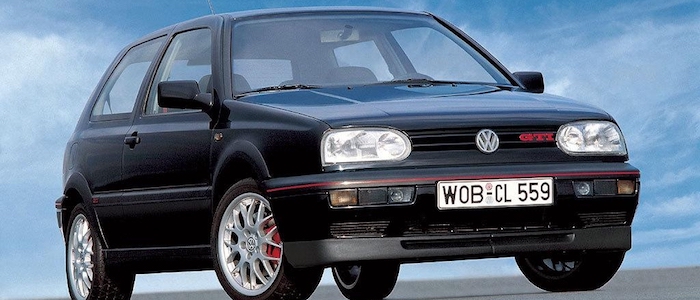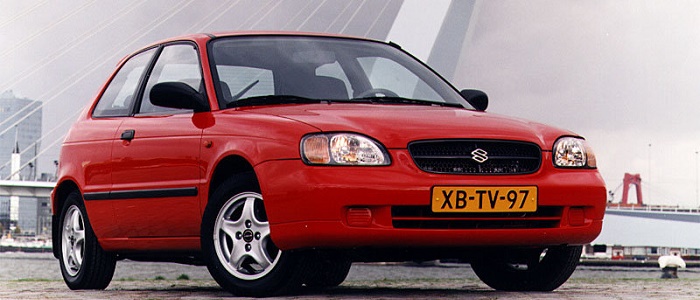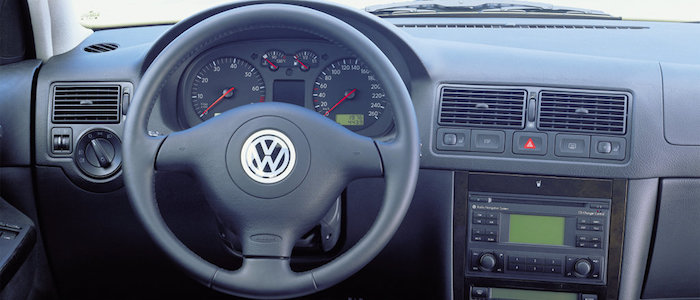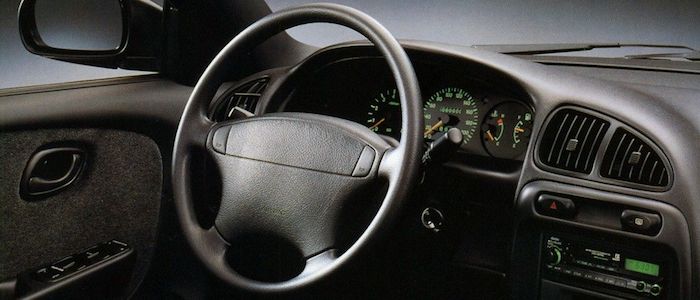Compare two cars
Compare any two cars and get our Virtual Adviser™ opinion
Dimensons & Outlines
Check vehicle history
Engine
Performance (manual gearbox)
Performance (automatic gearbox)
Expenses
Virtual Adviser's™ opinion
Two significantly similar cars, no doubt about that. Still, each one has something different to offer. Having both cars powered by petrol engines and utilizing the 3-door hatchback body style within the same 'Small family car' segment, the only major difference here really is their wheel drive configuration (4 x 4 for the Volkswagen and front in the case of the Suzuki). The first one has a Volkswagen-engineered powertrain under the hood, a 4-cylinder, 8-valves 90hp unit, while the other one gets its power and torque from a 4-cylinder, 16-valves 96hp engine designed by Suzuki.
SafetyThe fact that the Suzuki got tested by the European New Car Assessment Programme (Euro NCAP), while the other contender didn't, doesn't actually do much for it, as it's still a lousy 2-star coffin on wheels. Moving further on, let's take a closer look at some additional safety-related facts. Both vehicles belong to the small family car segment, which is generally classifying them somewhere in the middle safety-wise, but that fact doesn't break the tie between the two cars. Furthermore, if we'd like to consider vehicle mass in this context too, which we definitely should, the German car offers a potentially life-saving difference of 33% more metal.
ReliabilityManufacturers have been building their reliability reputation for decades now and, generally speaking, it appears that Suzuki as a brand displays somewhat better results, at least on all of the models level. These are the official statistics, while our visitors describe reliability of Volkswagen with an average rating of 4.2, and models under the Suzuki badge with 4.6 out of 5. Independent research findings rank Golf as average reliability-wise, and Baleno is more or less at the same level.Above it all, drivers of cars with the same engine as the German car rank it on average as 4.0, while the one under the competitor's bonnet gets 4.8 out of 5.
Performance & Fuel economySuzuki is undoubtly more agile, reaching 100km/h in 1.4 seconds less than its competitor. In addition to that it accelerates all the way to 175 kilometers per hour, exactly the same as the other car does. When it comes to fuel economy an obvious choice would be the Japanese car, averaging around 7.3 liters of fuel per 100 kilometers (39 mpg), in combined cycle. That's 33% difference compared to the German car!
Verdict
Suzuki appears just a bit more reliable, although the difference is truly marginal. The most important thing when deciding between any two vehicles should always be safety, both passive and active. In my opinion, everything taken into account, the German car offers much better overall protection, which launches it ahead of the other contender. From there things take a different direction, with Suzuki being considerably quicker, thus putting more smile on driver's face. To make things even better, it consumps less fuel! All together, there's not much more to say, in this case I wouldn't even consider anything but Suzuki. In any case that's my personal view, built upon all the data available to me. What should decide here though is the way you feel about the two vehicles, and I hope you'll find my guidelines useful in the process. Also, you could use the oportunity to find out which car, everything taken into account, would be the perfect choice for you in the eyes of the virtual adviser™, among more than 12.000 different ones in our database.
































